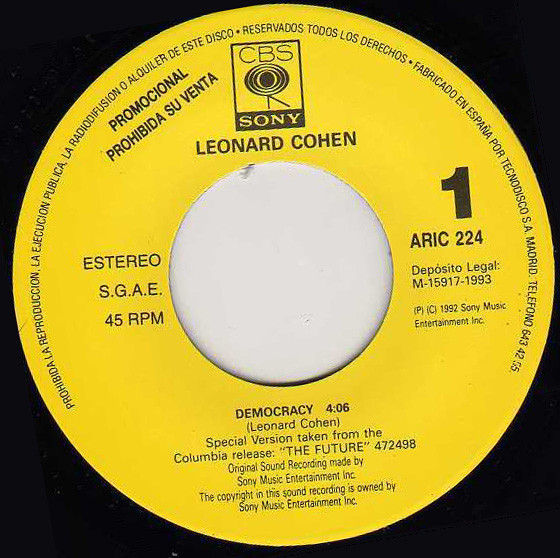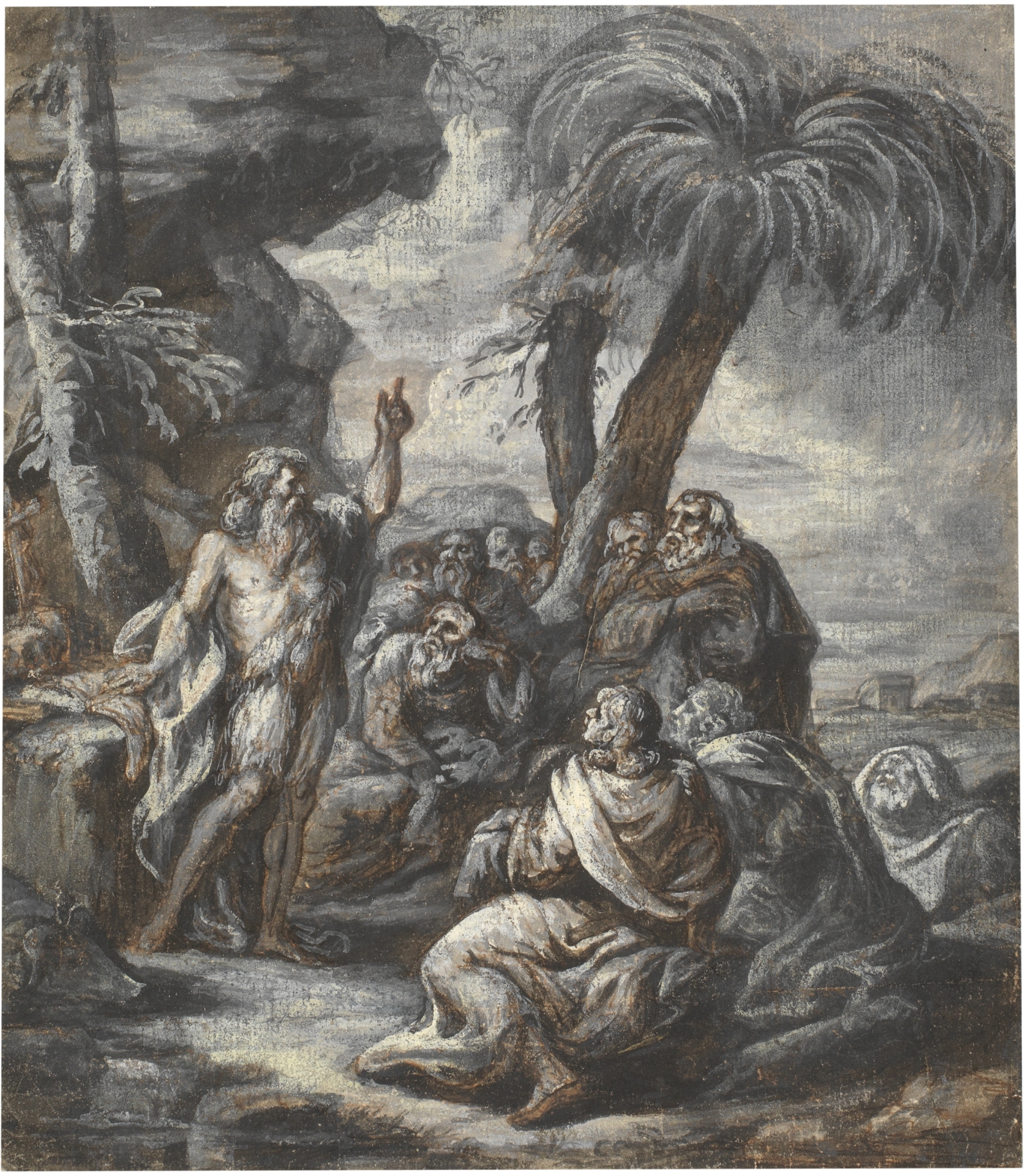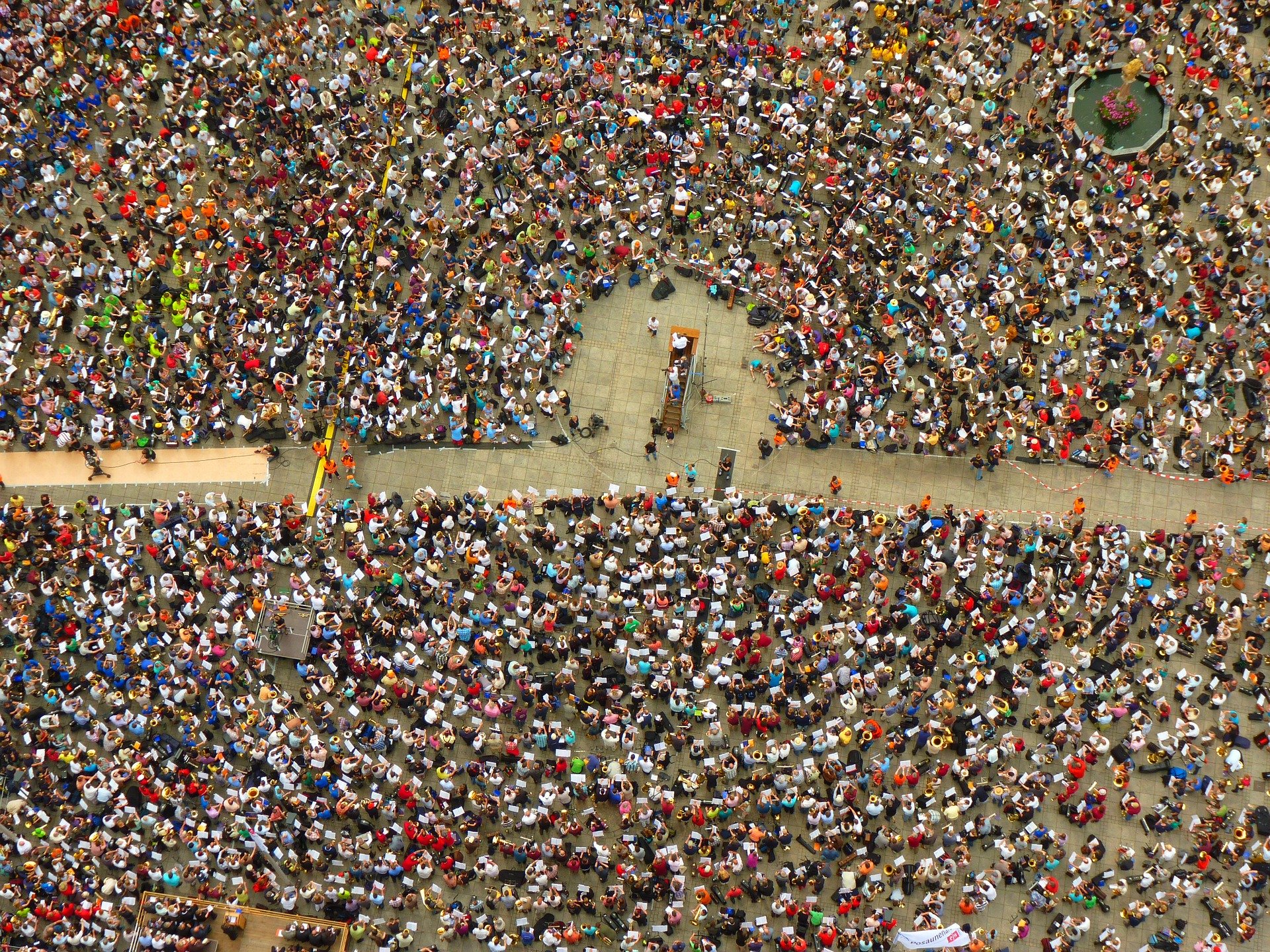Venezuela: Sidelining Public Administration Under a Revolutionary-Populist Regime
Article by: Wolfgang Muno and Héctor Briceño.
In “Democratic Backsliding and Public Administration. How Populists in Government Transform State Bureaucracies”. Edited by Michael W. Bauer, B. Guy Peters, University of Pittsburgh, Jon Pierre, Kutsal Yesilkagit, Universiteit Leiden, Stefan Becker, Cambridge University Press, 2021.
Summary
What happens to state bureaucracies when authoritarianism emerges? How do autocrats seek to use the administration to their ends? This chapter addresses these questions, analyzing Venezuela as a typical or representative case. Venezuela has been a (more or less) functioning democracy since 1958. Within the system of the so-called "Puntofijismo," major parties agreed to a consensual model of democracy, sharing offices and distributing revenues of the oil rent. The public administration supported and managed the distribution. This led to stability and wealth in regional comparison. In 1998, Hugo Chávez, a former military officer and failed putschist, assumed the presidency in Venezuela. In the following years, but especially under president Maduro, Venezuela experienced a severe decline of democracy and is today clearly an authoritarian regime. In this chapter, we analyze the strategies of the Chavista governments vis-à-vis the administration. We identify three main strategies to sideline the established bureaucracy: first, repression and firing; second, circumventing and neglecting, which means creating a "parallel state"; and third, militarization of the "civil" service.
Link to the complete book: https://www.cambridge.org/core/books/democratic-backsliding-and-public-administration/DF0647299CC083950D51920264CCFAB2#








Comentarios
Publicar un comentario